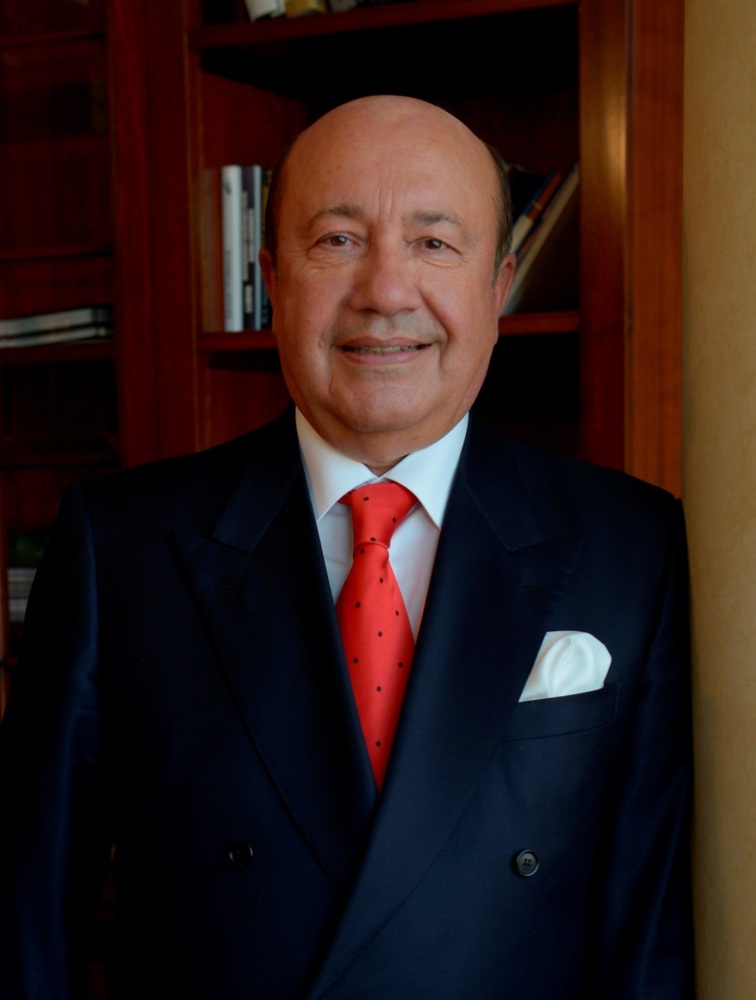Igor S. Ivanov is President of the Russian International Affairs Council (RIAC).
He served as Russia’s Ambassador to Spain from 1991 to1993, as Foreign Minister from 1998 to 2004, and as Secretary of the Security Council from 2004 to 2007.
Mr. Ivanov is a board member of several organizations, including the Nuclear Threat Initiative (NTI), the European Leadership Network (ELN), the Luxembourg Forum on Preventing Nuclear Catastrophe.
Mr. Ivanov has a Ph.D. in history. He is a member of Russian Academy of Sciences. He is an emeritus professor at the Moscow State Institute for International Relations (MGIMO) where he is undertaking research projects and is actively involved in academic activities. He has authored a number of books and articles on foreign affairs and foreign policy.


